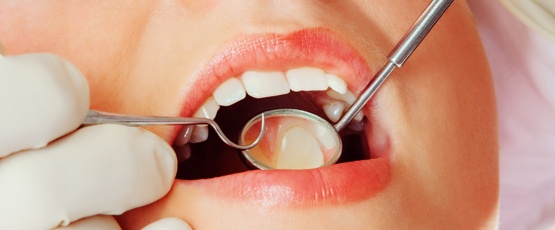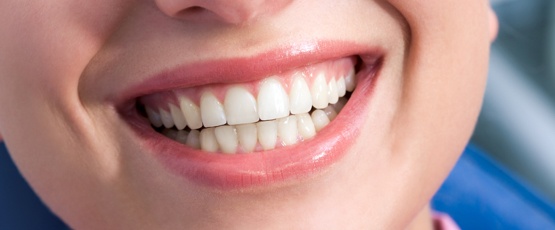We are very excited to introduce Michael to our team and offer his specialised endodontic services at El-Nashar Dental Care.
Michael accepts in house and external referrals and is fully committed to providing exceptional care, clear communication, and swift treatment for our patients.
Michael’s services include:
- Primary Root Canal Therapy: Comprehensive treatment to save severely infected teeth
- Vital Pulp Therapy: (Pulp capping and pulpotomy) to preserve pulp vitality in compromised teeth.
Michael is currently focusing on his MSc in Endodontics which allows him to apply the latest, evidence-based techniques. This translates to better outcomes and greater comfort for our patients. Together with Michael, we are dedicated to ensuring all patients have a seamless referral experience.

All patients have a Basic Periodontal Examination when they visit the dentist or Hygienist/Therapist.
The probe is “walked around” measuring the depth of the gingival crevices/periodontal pockets (the gap between the tooth and the gums, “below the gumline”)
We record this in numbers ranging from 0 to 4.
For patients with codes 0, 1 or 2, the BPE should be recorded at every routine examination
For patients with BPE codes of 3 or 4, more detailed periodontal charting is required.
We call this a 6PPC (6-point pocket chart)
The probe is again “walked around” each tooth. We then measure and record 6 points around each tooth, this gives us a much clearer picture of the pockets (the gap between the tooth and the gums, “below the gumline”) that are deeper and may need further treatment to stabilise this condition.
A 6PPC is carried out yearly so we can compare areas within the mouth that are improving or may need further attention.

Root planing is the meticulous cleaning of root surfaces to remove dental plaque and calculus from inside a periodontal pocket in order to get rid of the bacteria that cause gum disease.
If your dental hygienist cleans your teeth every six months or so, you know that a routine professional cleaning involves scaling teeth and the gumline to remove plaque and tartar, and polishing to remove stains and smooth the tooth’s surface. This is done to keep your teeth and gums healthy. If you have symptoms of gum disease, however, you may need another type of cleaning, called scaling and root planing.
When you have more advanced signs of gum disease (bad breath, heavy tartar buildup and unhealthy pocket depths of 4mm or more), your dentist may recommend scaling and root planing as the first procedure necessary to treat the condition.
Scaling and root planing teeth, provided by either your dentist or dental hygienist/therapist, may take more than one appointment to complete, and a local anesthetic is often used to minimize any discomfort. The procedure involves thoroughly scaling all plaque, bacterial toxins and tartar deposits from your teeth and root surfaces; and then root planing, which smoothes all rough areas on your roots’ surfaces. Smooth root surfaces keep bacteria, plaque and tartar from re-adhering underneath the gumline, allowing your gums to heal and reattach themselves more.










